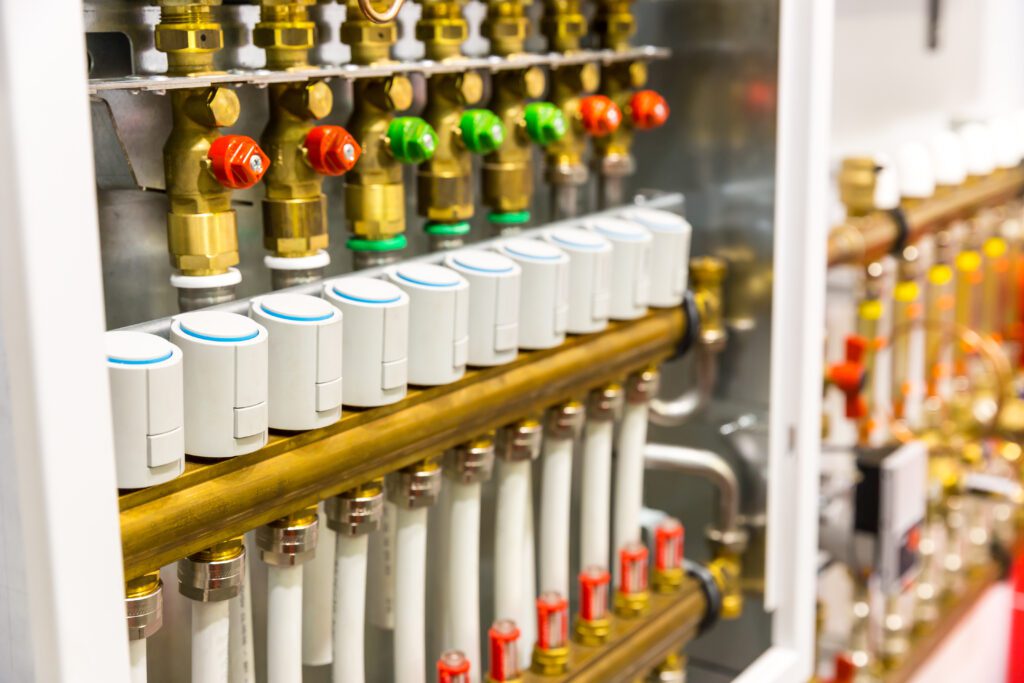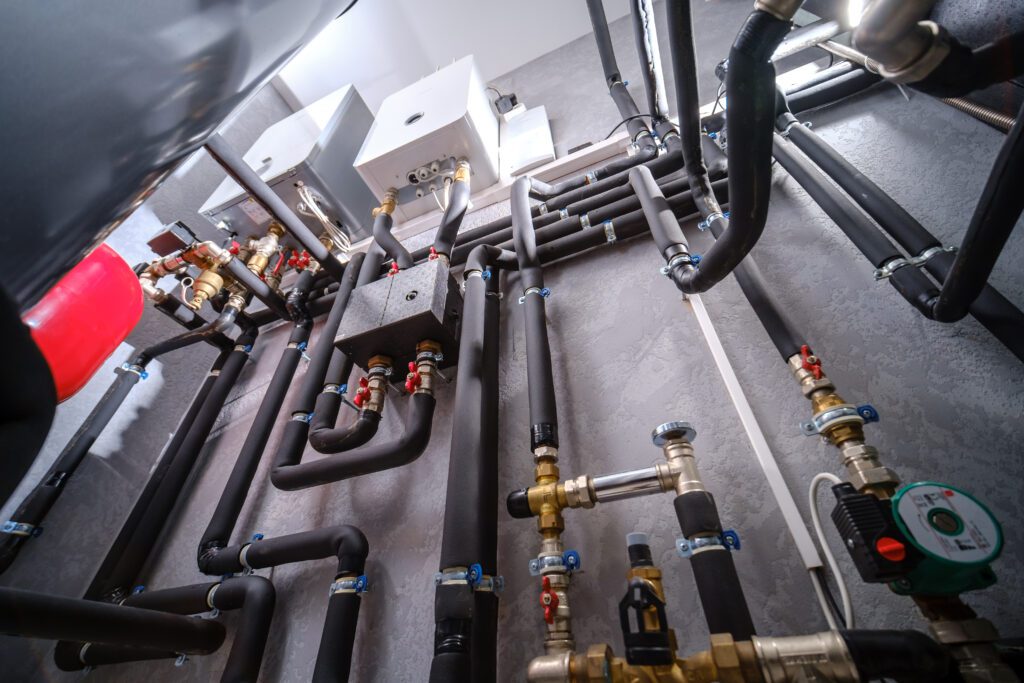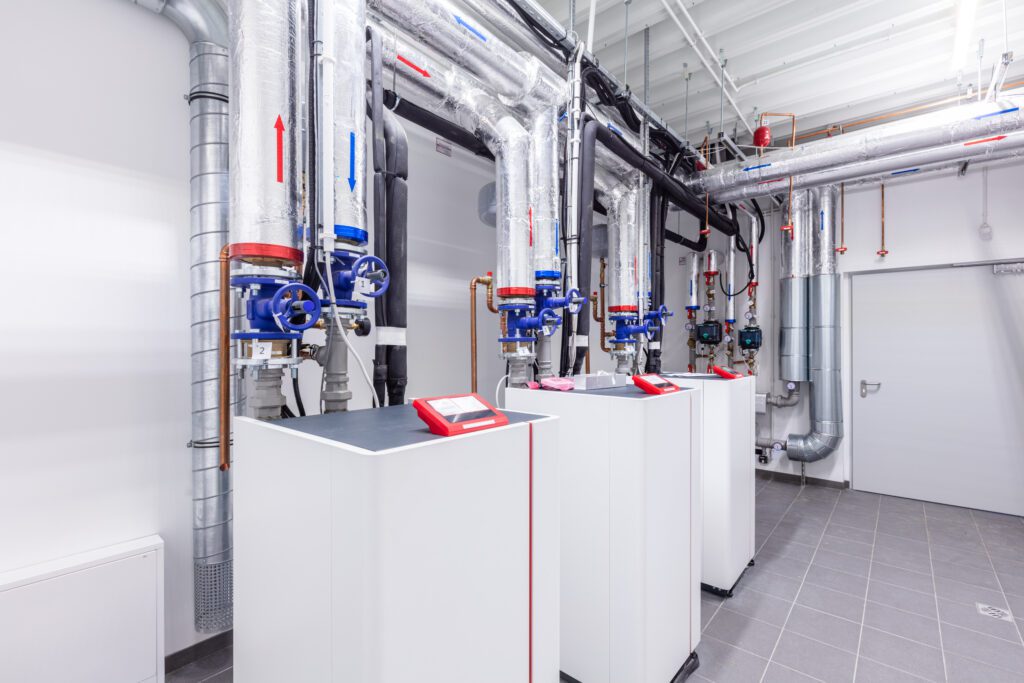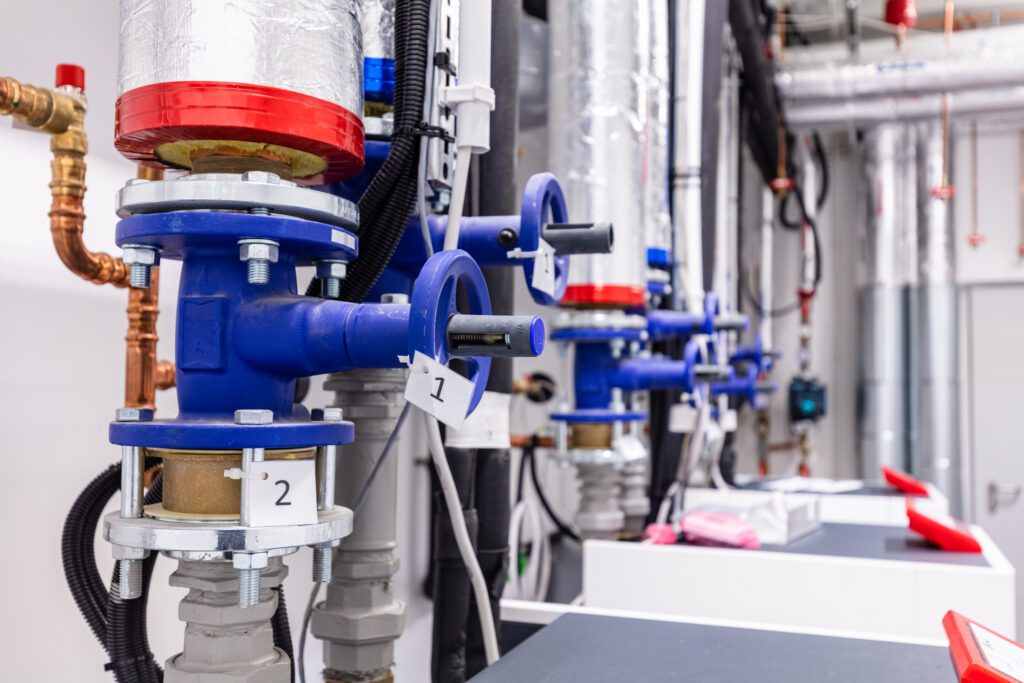As energy costs continue to rise, businesses in Martinsburg are seeking effective ways to reduce their heating expenses while simultaneously lowering their environmental impact. Implementing energy-efficient heating practices not only saves money but also contributes to a more sustainable future. This article explores vital tips and strategies for optimizing commercial heating systems, enhancing energy efficiency, and ultimately transforming the way Martinsburg businesses approach their heating needs.
Understanding the Importance of Energy Efficiency in Commercial Heating
Energy efficiency is increasingly becoming a cornerstone of modern business operations. In the realm of commercial heating, the importance of implementing energy-saving measures cannot be overstated. Efficient heating systems are not just a benefit; they are essential for maintaining competitive advantage.
The Role of Energy Efficiency in Business Operations
Integrating energy efficiency into business operations enhances overall productivity and profitability. Efficient heating solutions allow for substantial cost savings by reducing energy consumption. Businesses can redirect these savings toward other areas, such as employee training, marketing, or improving product quality.
Additionally, efficient heating results in a more comfortable environment for employees and customers alike. Comfortable working conditions contribute to higher employee morale and increased productivity, which ultimately benefits the bottom line. Furthermore, a well-heated space can improve customer experiences, encouraging longer visits and repeat business, which is vital in competitive markets.
The Environmental Impact of Commercial Heating
The environmental impact of commercial heating is significant. Traditional heating systems often rely on fossil fuels that contribute to environmental degradation. By prioritizing energy efficiency, businesses can minimize their carbon footprint and play a part in combating climate change. Implementing sustainable heating practices demonstrates a commitment to corporate social responsibility, which is increasingly important to consumers.
Moreover, adopting energy-efficient technologies aligns with regulatory trends promoting sustainability. By being proactive, businesses can avoid potential penalties and position themselves as leaders in sustainable practices. The shift towards renewable energy sources, such as solar or geothermal heating, not only enhances energy efficiency but also showcases a company’s dedication to innovation and environmental stewardship. This proactive approach can enhance brand reputation, attracting environmentally conscious consumers and investors who prioritize sustainability in their purchasing decisions.
Evaluating Your Current Heating System

Before implementing energy-saving measures, it’s crucial to evaluate the current heating system in place. Understanding the existing system’s performance and identifying areas for improvement are vital steps in this process.
Identifying Energy Wastage in Heating Systems
Energy wastage often stems from old or inefficient heating systems. Businesses should conduct a thorough audit of their heating systems to pinpoint inefficiencies. This can include checking for drafts, leaks in ductwork, or malfunctioning thermostats. Simple fixes such as sealing drafts or insulating ducts can lead to substantial energy savings.
Engaging a professional to conduct an energy audit can also be highly beneficial. An expert can provide an accurate assessment of the heating system, identifying opportunities for improvement that may not be immediately apparent. They may utilize advanced tools like thermal imaging cameras to detect heat loss or employ blower door tests to measure the airtightness of the building. These methods can uncover hidden issues that traditional inspections might miss, ensuring a comprehensive understanding of the system’s performance.
The Benefits of Regular Heating System Maintenance
Regular maintenance of heating systems is essential for ensuring optimal performance. Scheduling routine inspections and servicing can prevent small issues from escalating into costly repairs. These maintenance checks also ensure the system operates at peak efficiency, which directly contributes to energy savings.
Basic maintenance tasks such as changing filters, cleaning vents, and calibrating thermostats can greatly enhance system efficiency. Implementing a maintenance schedule can save businesses money while extending the lifespan of their heating systems. Additionally, regular maintenance can improve indoor air quality, as clean filters and vents reduce the amount of dust and allergens circulating in the air. This not only creates a healthier environment for occupants but can also lead to increased productivity, as employees are less likely to suffer from respiratory issues or discomfort caused by poor air quality.“`html
The Top 10 Energy-Saving Heating Tips

Now that the importance of energy efficiency has been established, let’s delve into actionable tips that can help Martinsburg businesses save on heating costs.
Implementing Smart Thermostats for Better Control
Smart thermostats are a game-changer for energy management in commercial heating. These devices allow for more precise temperature control, enabling businesses to lower heating costs without sacrificing comfort. Many smart thermostats can be programmed to adjust temperatures based on occupancy or specific schedules.
By utilizing smart technology, businesses can optimize their heating patterns and avoid heating unoccupied spaces, which leads to significant energy savings over time. Furthermore, many smart thermostats offer remote access via smartphone apps, allowing managers to monitor and adjust settings from anywhere. This feature is particularly useful for businesses with irregular hours or multiple locations, ensuring that energy is not wasted when a space is not in use.
The Advantage of Zone Heating
Zone heating divides a commercial space into distinct areas, allowing for customized temperature control. This means that businesses can heat only the spaces that are in use, thereby reducing energy consumption. For example, during off-peak hours, less frequently used areas can be kept cooler while maintaining a comfortable temperature in high-traffic zones.
Implementing zone heating not only saves energy but also enhances comfort for employees and visitors by providing optimal temperature control tailored to specific areas. Additionally, this approach can lead to improved productivity, as employees are more likely to perform better in a comfortable environment. By strategically placing thermostats in each zone, businesses can ensure that every area is heated according to its unique requirements, further maximizing energy efficiency.
Importance of Proper Insulation
Proper insulation is a critical component of an energy-efficient heating strategy. Insulation prevents heat loss during colder months and ensures that heated air remains within the building. This can significantly reduce the workload on heating systems, subsequently lowering energy bills.
It is essential for businesses to assess the quality of their insulation regularly and consider upgrades if necessary. Insulating walls, attics, and floors can lead to improved energy efficiency and significant long-term savings. Additionally, businesses should not overlook windows and doors; using weather stripping and thermal curtains can further minimize drafts and heat loss. By creating a comprehensive insulation strategy, companies can enhance their overall energy performance and create a more sustainable workspace.
The Role of Regular System Maintenance
As previously mentioned, regular maintenance is key to optimizing heating system performance. Setting up a consistent maintenance routine can help identify and resolve issues before they escalate. It often leads to increased efficiency, longevity of equipment, and awareness of potential problems.
Businesses should keep track of maintenance records and create a schedule for service appointments. By doing so, they ensure their heating system operates as intended and stays energy-efficient. Moreover, routine checks can include cleaning or replacing filters, which is a simple yet effective way to enhance airflow and system efficiency. Engaging with a professional service provider can also provide insights into the latest technologies and practices that can further improve heating performance.
Upgrading to Energy-Efficient Heating Systems
If a heating system is outdated and inefficient, investing in an energy-efficient model can offer substantial long-term savings. Modern heating systems are designed with advanced technology to provide better efficiency than older models. Energy Star-rated systems are particularly recommended, as they meet rigorous efficiency criteria.
While the initial investment in a new heating system may be higher, the reduction in energy bills and the potential for rebates and tax credits can make it a worthwhile investment. Additionally, many new systems come equipped with features such as variable speed blowers and modulating burners, which adjust the heating output based on real-time needs. This adaptability not only enhances comfort but also contributes to further energy savings, making the transition to a modern heating system a smart choice for forward-thinking businesses.“`
Long-Term Benefits of Energy-Efficient Heating for Businesses

Beyond immediate energy savings, adopting energy-efficient heating practices offers several long-term benefits that can greatly impact a business’s success.
Cost Savings from Energy Efficiency
One of the most compelling reasons to invest in energy efficiency is the potential for significant cost savings. Businesses can see noticeable reductions in monthly energy bills, leading to improved cash flow and financial health. Over time, these savings can be reallocated to other areas of the business, supporting growth and innovation.
Additionally, some utility companies offer incentives for businesses that implement energy-saving measures, further enhancing the financial benefits of energy efficiency. These incentives can come in the form of rebates, tax credits, or even grants, making the initial investment in energy-efficient systems more manageable. As businesses take advantage of these programs, they not only reduce their operational costs but also contribute to a broader movement towards sustainable energy practices.
Enhancing Business Reputation with Green Initiatives
In today’s eco-conscious market, businesses that prioritize sustainability gain a competitive edge. By adopting energy-efficient heating practices, businesses can enhance their reputation as environmentally responsible entities. This can positively influence customer perceptions and brand loyalty.
Furthermore, green initiatives can attract new customers who are looking to support environmentally friendly businesses. In a society where consumers are increasingly concerned about their impact on the environment, showcasing energy-saving practices can be a powerful marketing tool. Companies that communicate their commitment to sustainability not only appeal to eco-conscious consumers but also often find that their employees take pride in working for a company that values environmental stewardship. This can lead to higher employee morale and retention rates, creating a more engaged and productive workforce.
Moreover, as regulatory pressures regarding environmental impact continue to grow, businesses that proactively implement energy-efficient heating systems may find themselves ahead of the curve. By aligning with future regulations and standards, these businesses can avoid potential fines and adapt more seamlessly to changes in legislation, ensuring long-term operational stability.
In conclusion, as Martinsburg businesses strive to maintain efficiency while reducing costs, implementing energy-saving heating practices is a viable solution. By understanding and applying these tips, businesses can achieve long-term savings, improve comfort, and contribute positively to the environment.



